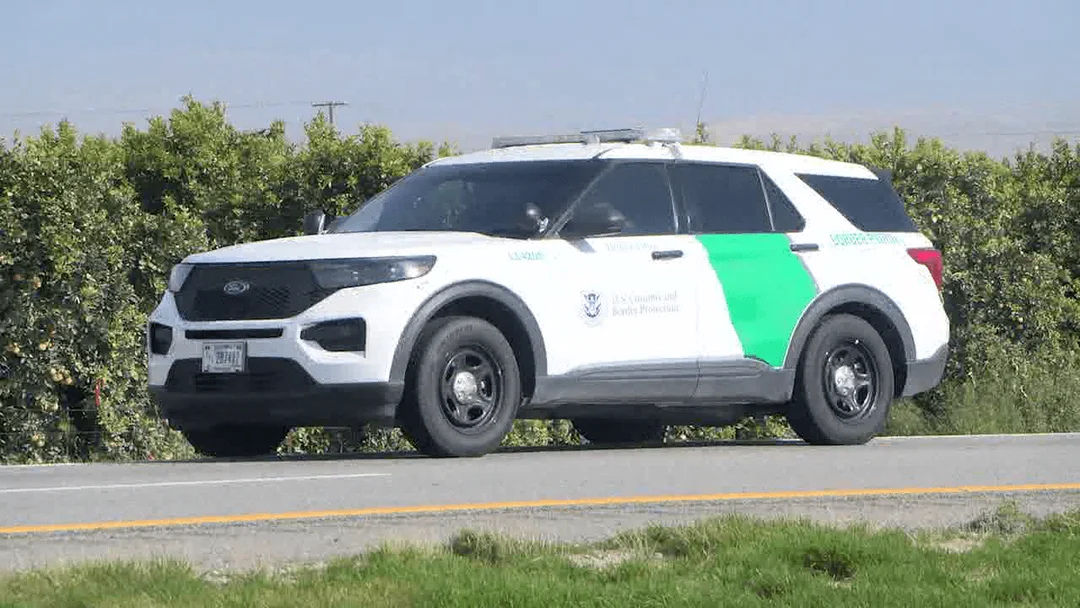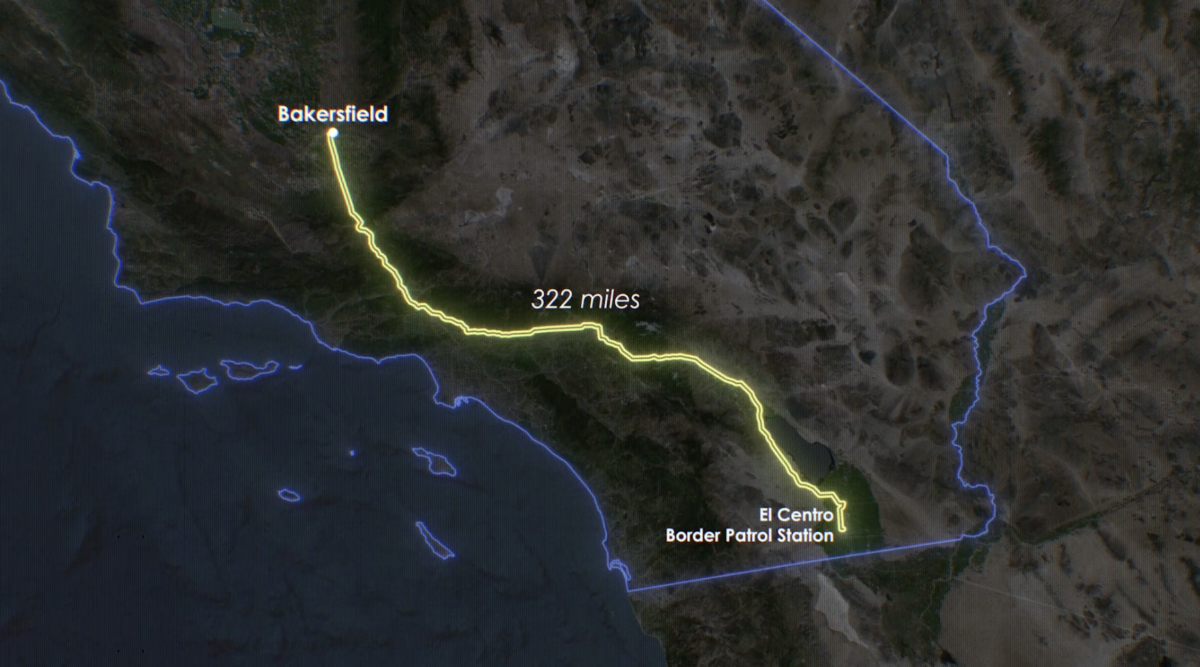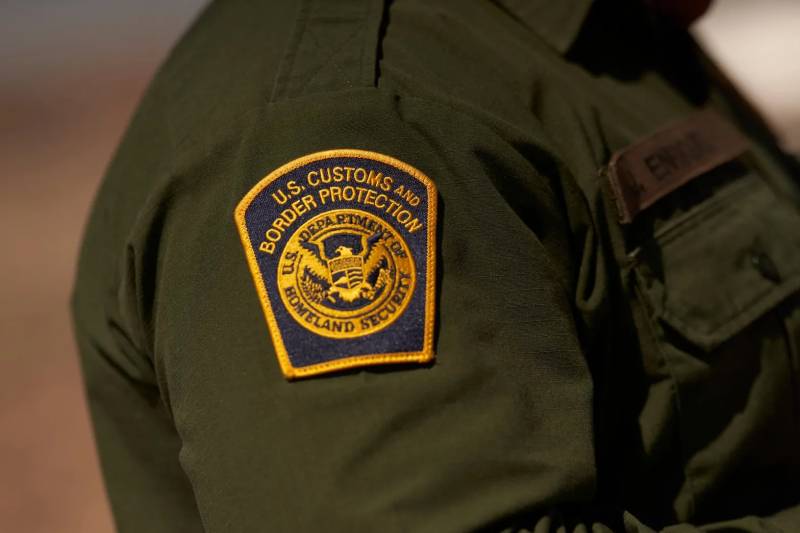
California Border Patrol Raids Spark Constitutional Training After Kern County Outcry
In early January 2025, the quiet agricultural region of Kern County, California was thrust into the national spotlight after a series of controversial immigration sweeps—Operation Return to Sender—were conducted by the U.S. Border Patrol’s El Centro sector. The action, launched more than 300 miles from the Mexican border, has ignited fierce debate about civil rights, racial profiling, and the boundaries of law enforcement in America’s interior.

While federal officials insisted the mission was a "targeted operation" aimed at apprehending immigrants with criminal histories, mounting evidence tells a different story. Among the 78 people arrested during the sweeps—many of them day laborers and longtime Bakersfield residents—Border Patrol records suggest that only one had any previous arrest history. According to a CalMatters investigation and data uncovered by nonprofit newsroom Evident, 77 of those detained had no known criminal or immigration records on file.
The El Centro sector’s leader, Gregory Bovino, defended the raids, stating that simply being in the country without authorization makes individuals subject to arrest. However, critics say the operation ventured far beyond authorized enforcement. Agents reportedly targeted locations popular with Latino farmworkers, including local stores and orchards’ commute routes. Witness statements collected by the American Civil Liberties Union (ACLU) describe masked officers asking people for their immigration papers at random, fostering fear and confusion among Bakersfield’s predominantly Latino community.

The fallout has been swift. Multiple lawsuits, led by the ACLU on behalf of United Farm Workers and detained residents, challenge the constitutionality of the operation, alleging violations of Fourth Amendment protections against arbitrary search and seizure. “Border Patrol does not admit to wrongdoing,” observed Bree Bernwanger, a senior ACLU attorney, “but it’s striking that they don’t defend their conduct, either. The law doesn’t permit Border Patrol to assume that people are violating immigration law because they’re brown.”
Personal stories lend gravity to the legal arguments. Wilder Munguia Esquivel, a handyman and Bakersfield resident, described being forcefully detained outside a Home Depot: “My first thought was they might be terrorists mugging or kidnapping us. I even wondered if we could be murdered.” Maria Guadalupe Hernandez Espinoza, a greenhouse worker, said agents forcibly expelled her to Mexico, falsely labeling the removal as “voluntary.” Meanwhile, U.S. citizen Ernesto Campos Gutierrez reported having his truck tires slashed by armed agents who refused to explain his detention, leaving him convinced he was profiled due to his appearance.

The Department of Homeland Security has since notified a federal court it will retrain more than 900 Border Patrol agents in California on lawful detainment practices and on complying with the Constitution. The new guidance insists that warrantless arrests require demonstration of both probable cause and risk of flight. Some, like United Farm Workers’ Elizabeth Strater, remain unconvinced: “It’s just a pinky swear. It’s a policy that could be withdrawn or changed at any time.”
A hearing is set for April 28 in Fresno. Regardless of the court’s decision, for many affected, the trauma and disruption linger. As Bernwanger reflected, “Their families, their homes are left behind, and the community is devastated. That is not public safety.”
The case raises pressing questions for California and the nation: Can constitutional training correct patterns of systemic overreach, or are deeper reforms required? What safeguards are needed to balance border enforcement and civil liberties? Share your thoughts below.